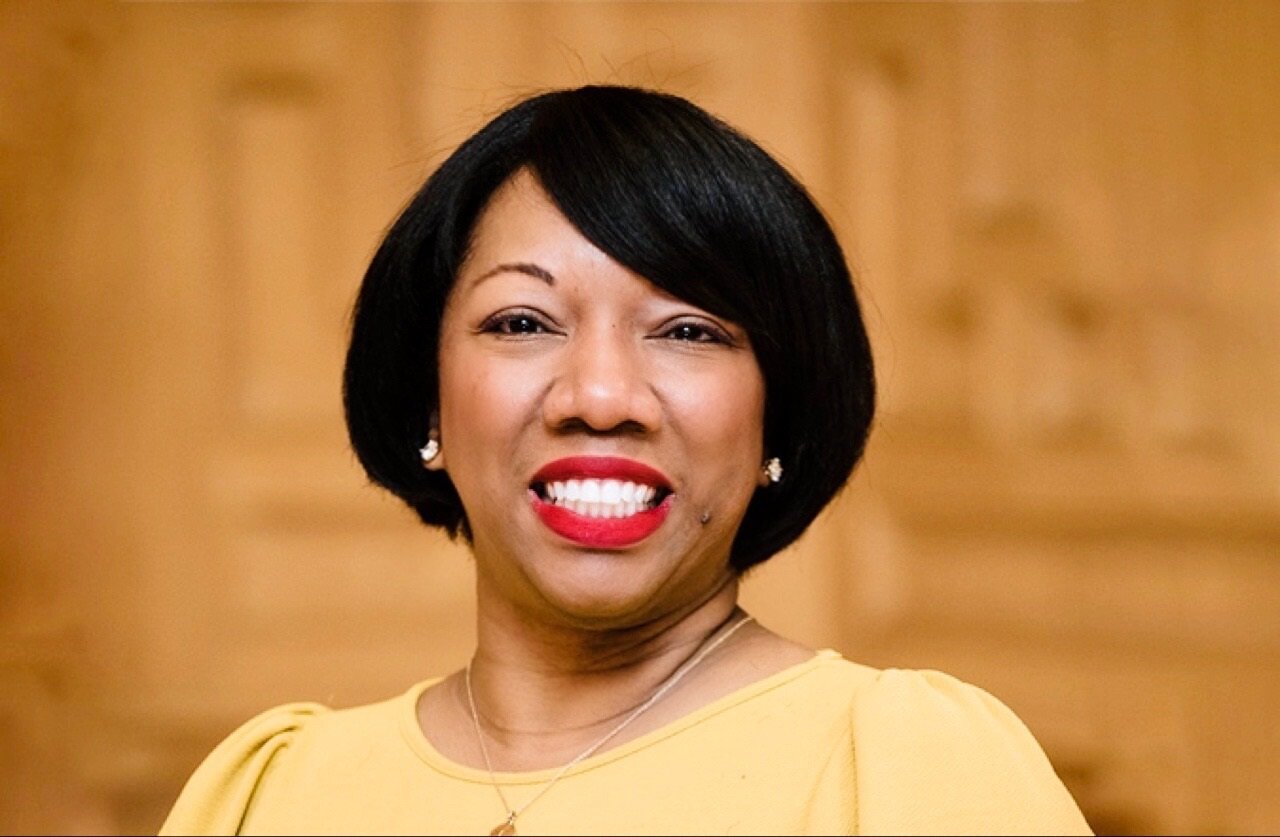Many thanks to @modernimmigrant for this amazing interview. This was the best interview I have had to date. Thank you for all the work that you do to amplify the Afro-Latinx voice. Thank you for telling our stories with integrity, intention +passion!
Tune in to the podcast entitled Afro-Latinidad as I speak about my journey towards embracing my blackness as an Afro-Dominican, global black solidarity, and the different racial narratives that exist outside of the US. I have to admit I got a bit passionate and a little loud and that’s ok! I’m learning that our stories matter and passion is what is required of us now. So here I am vulnerable about my pain, realities and how being the daughter of immigrants taught me to persevere it all.
Amplifying Afro-Latinidad
Amplifying the voices of Afro Latinas and first-generation immigrants. Ligia was born and grew up in the US identifying herself as Dominican and Latina. She never found herself represented on the Latin American media or TV when growing up. In this special episode, you will learn from Ligia's story and experience as an Afro Latina and daughter of immigrants. She shares her journey and process of identifying as black, the racism and struggles that she has dealt with, and what can the US as Latinas do to support the black community and the #BLM movement.









